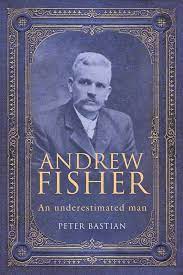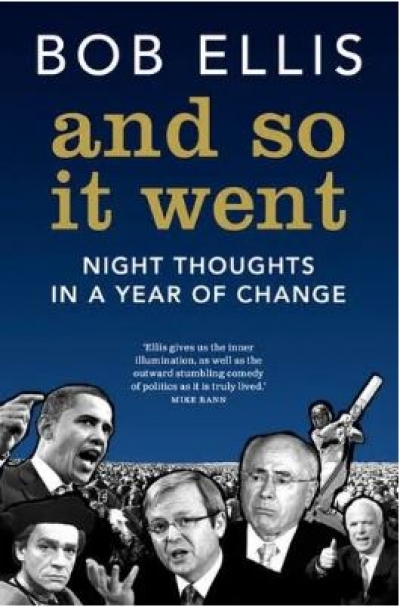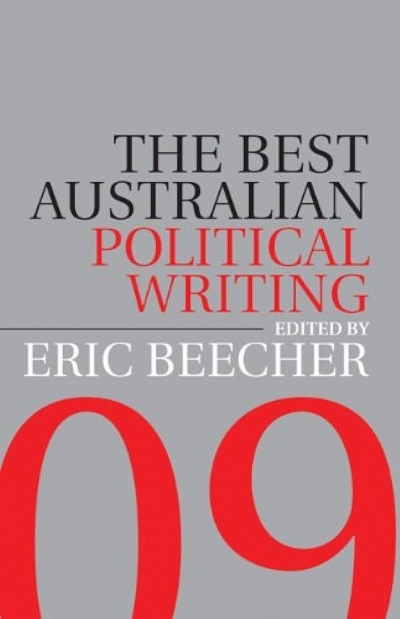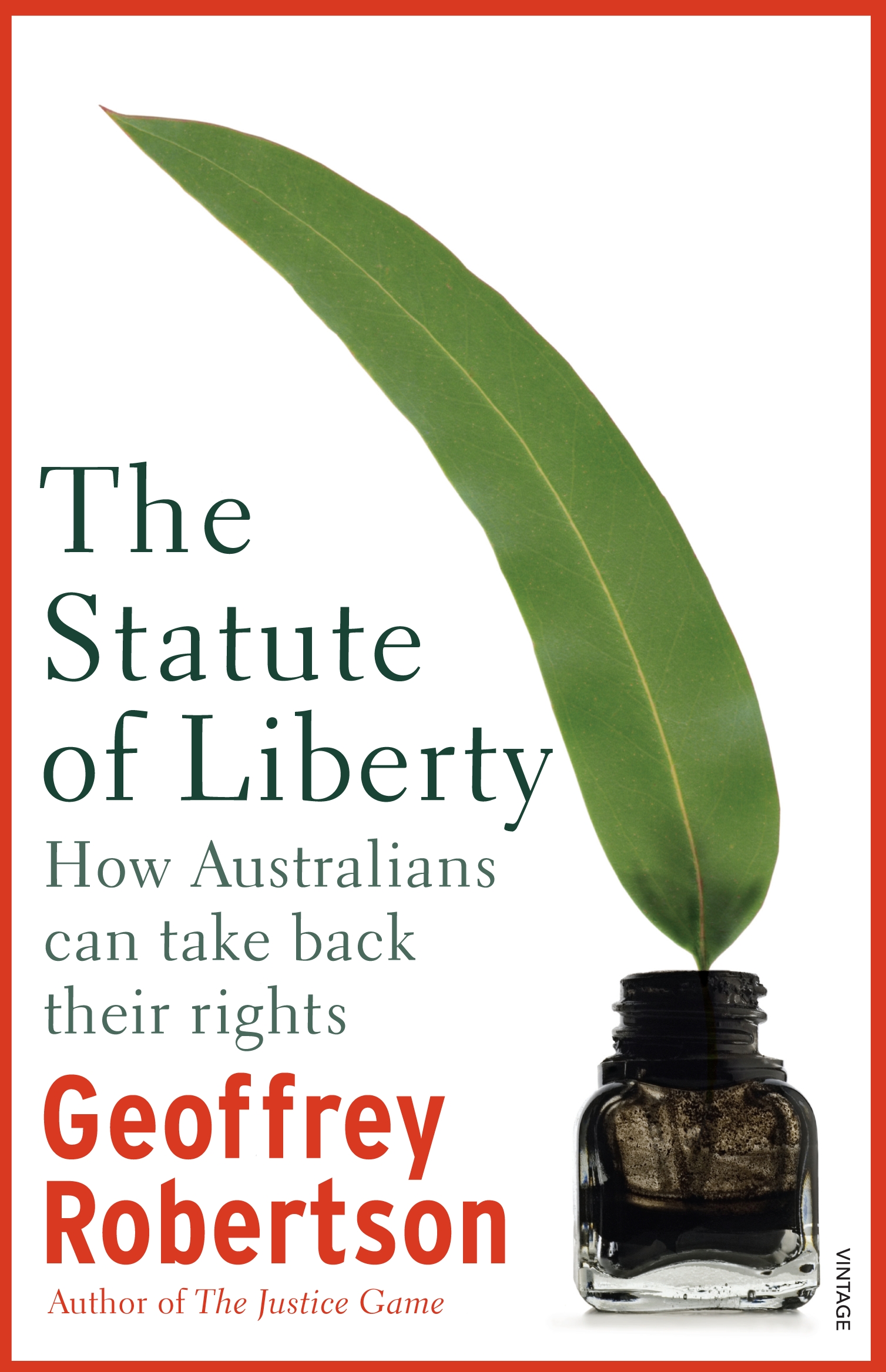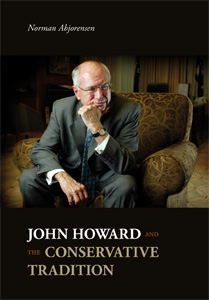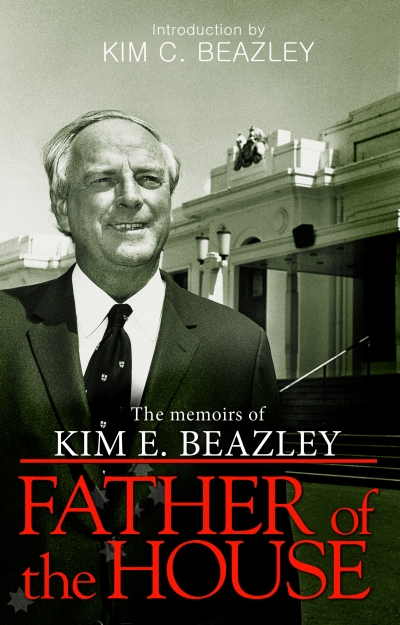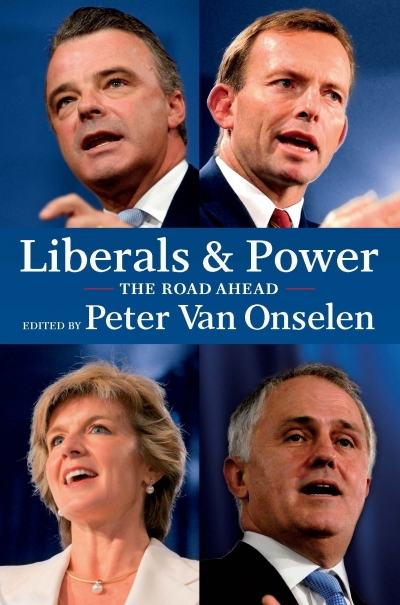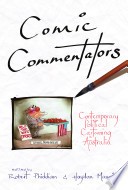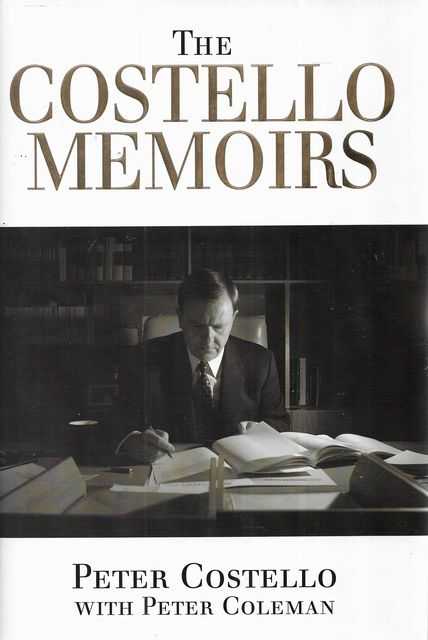Australian Politics
Andrew Fisher fares well in the new Museum of Australian Democracy, at Old Parliament House, Canberra. The entrance to the galleries is framed, on one side, by E. Phillips Fox’s dark 1913 portrait of an imposing and resolute Fisher, in contrast to the garish, spreading corpulence of George Lambert’s 1924 Sir George Reid on the other. Inside, in the procession of prime ministers, Fisher is represented more comprehensively and intimately than his peers. There is his miner’s crib – for this leader of Australia’s first majority Labor government definitely came from the working class – and his fountain pen, presented by his granddaughter to Kevin Rudd (who, the caption reads, is a ‘passionate admirer’ of his Queensland predecessor). Elsewhere in the Museum, in commemorating the suffrage movement, the key exhibit is a replica of the hat worn by Fisher’s wife, Margaret, when she marched beside Vida Goldstein in a London protest for women’s franchise in 1911.
... (read more)And So It Went: Night thoughts in a year of change by Bob Ellis
Bob Ellis’s lightly edited journal alternates between two main timelines spanning 27 June 2007 to 8 November 2008: that is, from the run-up to the last Australian federal election to Barack Obama’s victory. Ellis’s insomniac musings over these sixteen-odd months are brilliant and shambolic, irritating and moving. The book is essential reading, but you have to work hard for the gems.
... (read more)The key theme of Overland 195 seems to be crisis. The contributors to this edition of the journal address the ‘global financial crisis’, as well as various other moments of tension and unrest in Australia’s present and past.
... (read more)The Best Australian Political Writing 2009 edited by Eric Beecher
The Best Australian Political Writing 2009 is a collection of articles about the political climate in Australia over the course of twelve months. In 411 pages, a range of prominent Australian writers analyse the events that made headlines in this country during what editor Eric Beecher describes as a ‘once-in-a-lifetime-year’.
... (read more)The Statue of Liberty: How Australians Can Take Back Their Rights by Geoffrey Robertson
In characteristically symbolic fashion, the Rudd government chose the sixtieth anniversary of the Universal Declaration of Human Rights (10 December 2008) to announce a consultation process into human rights protection in Australia. Attorney-General Robert McClelland appointed a committee, headed by Jesuit priest and lawyer Frank Brennan, to consult the public on issues including whether Australia needs a bill (or charter) of rights and responsibilities. Geoffrey Robertson’s latest book, The Statute of Liberty: How Australians Can Take Back Their Rights, injects much-needed energy, imagination, and international context into this rather circumscribed debate. ‘I have spent my professional life making arguments based on bills of rights,’ says Robertson. As a distinguished and courageous human rights lawyer-activist, his emphatically pro-charter stance commands the thoughtful consideration of supporters, opponents, and equivocators alike.
... (read more)John Howard and the Conservative Tradition by Norman Abjorensen
There has always been a problem with locating conservatism in Australia’s political traditions. As a new settler society dedicated to development, it is hard to see a natural place for a political philosophy that advocates taking things slowly and respecting the wisdom of the past. Nevertheless, the term has been in use as a political label in Australia since the nineteenth century, generally to refer to the defence of privilege and wealth and to the political arrangements that protect them both. It is often used to refer to the Liberal Party and its predecessors, even if at various times these parties have themselves denied the label in favour of the term liberal which stresses the party’s positive commitment to civil and economic liberties and its faith in individual rather than collective and state action. And recently John Howard proudly described himself as a cultural conservative and an economic liberal, as if one could promote radical economic change without also causing cultural and social change.
... (read more)Father Of The House: The memoirs of Kim E. Beazley by Kim E. Beazley
I will always remember the first time I heard Kim Beazley Sr speak. It was at Kingswood College at the University of Western Australia, a year or two before the election of the Whitlam government. He spoke on the question of Aboriginal land rights, culture and spirituality. It was a spellbinding address which put the sword to the prevailing doctrine of assimilation. It wasn’t just the content of the speech which captured the interest of the student audience but the passion with which it was delivered. Like many there, my own thinking on the subject changed forever.
... (read more)Liberals and Power: The road ahead by Peter van Onselen
Australian conservatism, for all its political dominance, is little understood and has been studied by surprisingly few scholars. The very industrious and perceptive Peter van Onselen is almost single-handedly determined to correct this imbalance. He has brought together a timely collection of essays on the Liberal Party and its future, coinciding with yet another term in unaccustomed opposition, an experience invariably chastising for the conservatives. The immediate predecessors to the modern-day Liberal Party on the non-Labor side of politics disintegrated on losing office, and the Liberal Party’s own spells in opposition have been periods of both blood-letting and soul searching. There is a happy focus (for the Liberal Party, at least) on the latter in this necessarily mixed bag.
... (read more)Comic Commentators: Contemporary political cartooning in Australia edited by Robert Phiddian and Haydon Manning
Like many people, I am addicted to a segment called ‘Talking Pictures’ on the ABC’s Insiders programme, hosted by Mike Bowyers. The three minutes are over in a flash. In fact, the brevity is well judged: humour needs understatement, not overkill. Watching those cartoonists for that short time, cheerful and amused as they invariably are in the face of folly, bastardry and disaster, the viewer is lifted above the baffling maelstrom, with a cleared head, steadied balance and restored vision. Of course, it can’t last. Comic Commentators, a collection of essays investigating political cartooning in Australia, is generously illustrated by a selection of nearly 120 cartoons that represent the output of Australia’s current crop of cartoonists. Two notable absences are Michael Leunig and John Spooner, both deferred to on several occasions, but not much discussed, and not illustrated. Fourteen contributions, arriving from many directions, converge: we hear from five practising cartoonists, an editor and an art curator, an academic lawyer with expertise in defamation and sedition, a social scientist and three academics in, respectively, the disciplines of government, politics and literature and culture. It is a productive mixture.
... (read more)The Costello Memoirs: The age of prosperity by Peter Costello and Peter Coleman
For Labor ‘true believers’, the night of 24 November 2007 was one to cherish. In the north, Brough the Rough was despatched and a host of lesser figures swept away, pork barrels and all; in the very heartland of the Howard battlers, the Wicked Witch of Penrith and her minions perished in a jihad of their own devising; above all, in his fortress of Bennelong, the Vampire King was slain by the Good Witch of the ABC. What a night! At the beginning of Peter Costello’s memoir is the challenge: ‘How did it come to this? How did a government that had created such an Age of Prosperity, such a proud and prosperous country, now find itself in the wilderness?’
... (read more)

